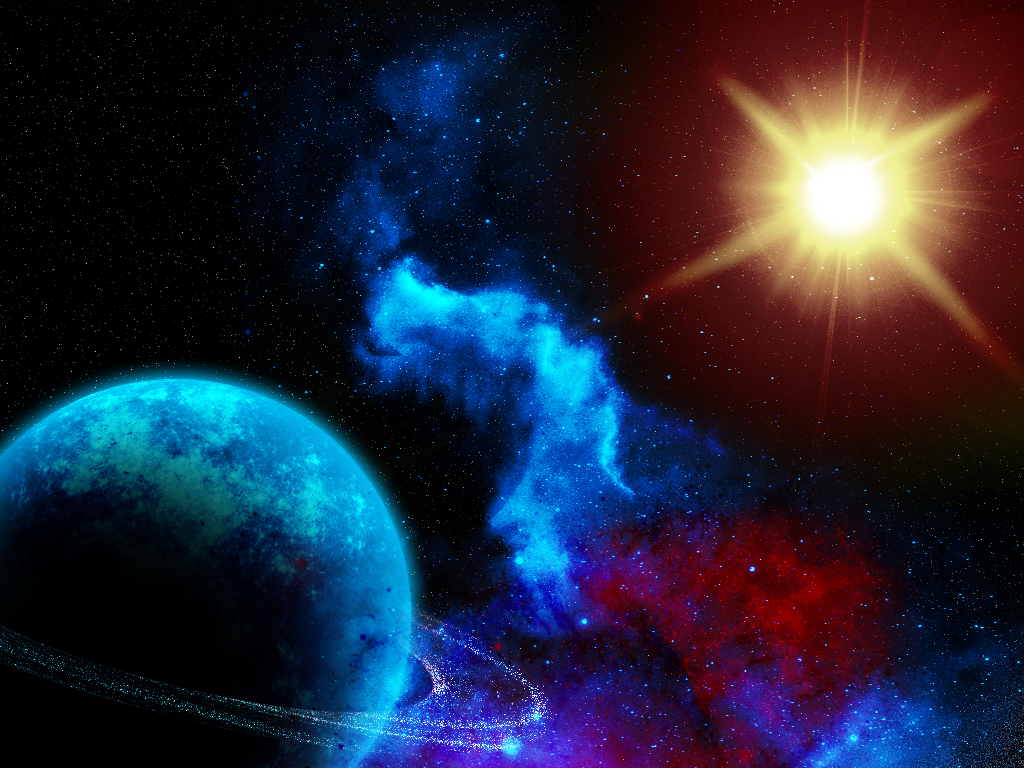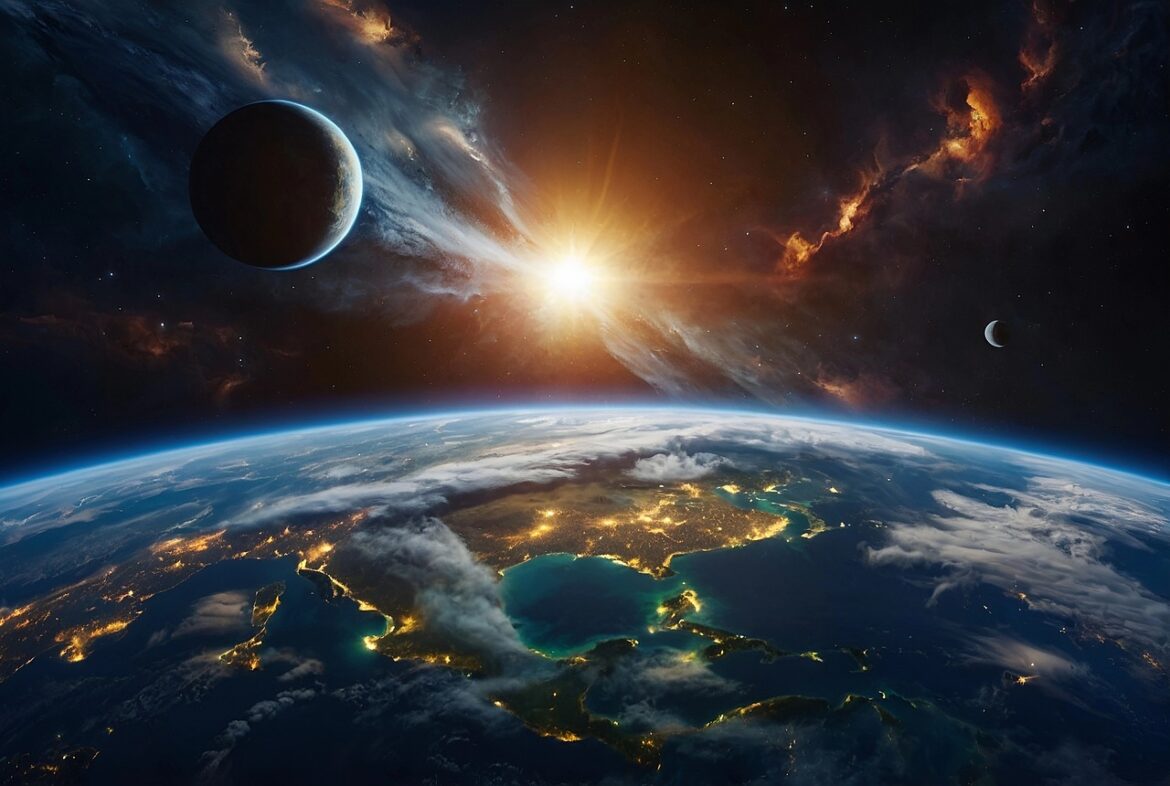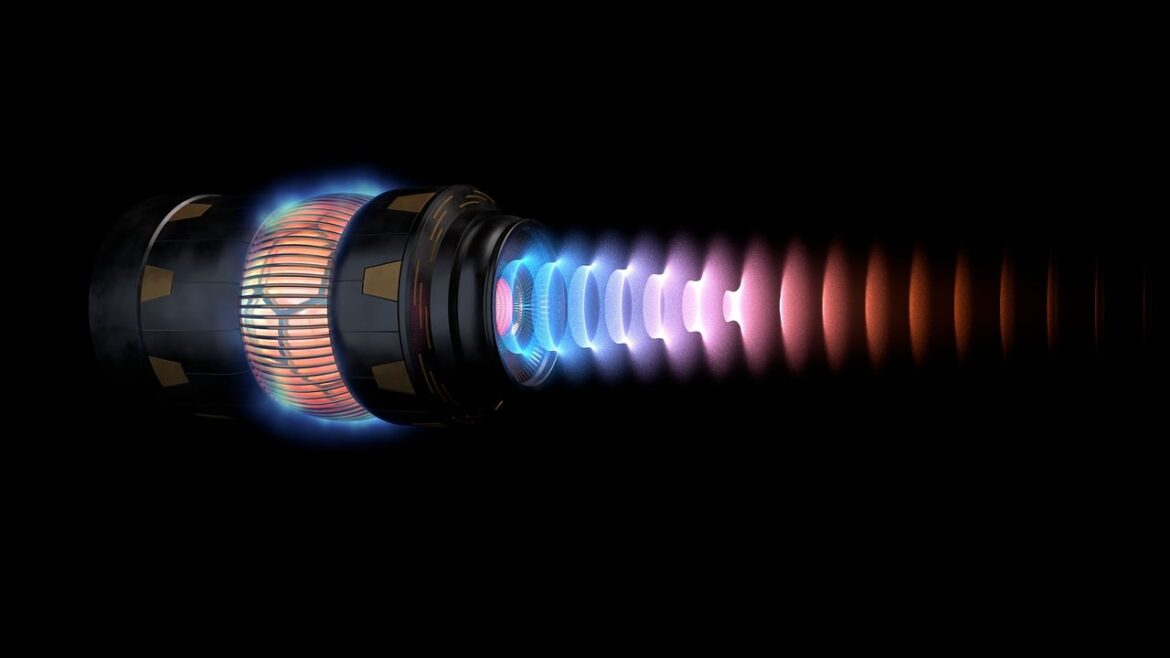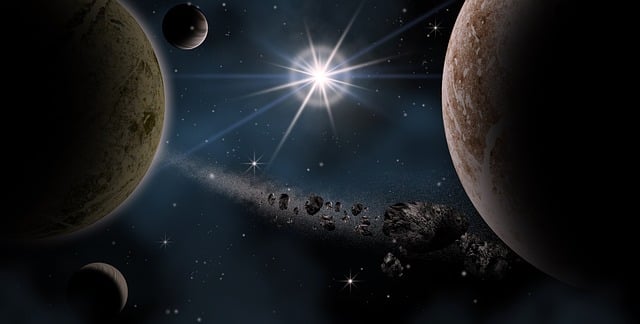Scientists from the University of Cambridge have provided perhaps the most convincing evidence yet that life beyond our planet could be a reality. While studying the atmosphere of exoplanet K2-18b, they have detected the presence of molecules that on Earth are created exclusively by the activities of simple organisms.
Category: Space
Searching for Alien Technological Traces: The Dyson Sphere Hypothesis and a Recent Discovery
Astronomers have discovered seven stars that exhibit unusual infrared radiation that could indicate the presence of Dyson spheres—hypothetical megastructures that could be the work of advanced alien civilizations. The findings open up new possibilities in the search for extraterrestrial life and raise a number of exciting questions about whether we are truly alone in the universe. Read on to find out what next steps scientists plan to take to verify these amazing discoveries.
Energy for life on the Moon: The potential of nuclear reactors
Astronauts living on the Moon will need a lot of energy – but they can't take fuel supplies with them. A new generation of miniature nuclear reactors could be the answer.
Dark is developing a rocket-powered 'boxing glove' to deflect space debris
"I've been doing missiles for years, and it's still the same theme: If you use it first, it's an act of war. If you're second, it's an act of defense. If you can do it and people know you can do it, it's a deterrent," he said. "The ideal is deterrence, a system that makes conflict unthinkable.
Tajomstvá meteoritu z Winchcombu odhalené novou analýzou
Meteorit, ktorý pristál na ovčom poli, bol podľa vedcov na svojej ceste vesmírom opakovane rozbíjaný a znovu skladaný. Najnovšia analýza meteoritu Winchcombe naznačuje, že voda mohla zohrávať úlohu v jeho násilnej odysei.




